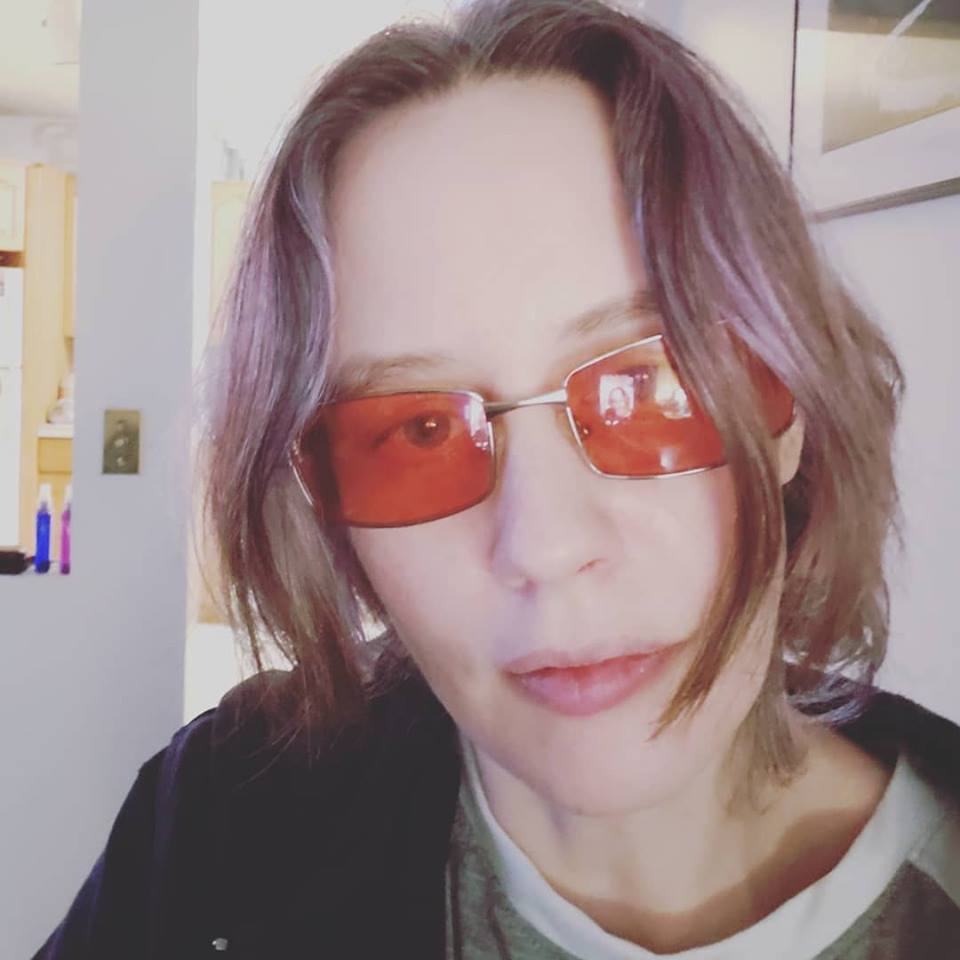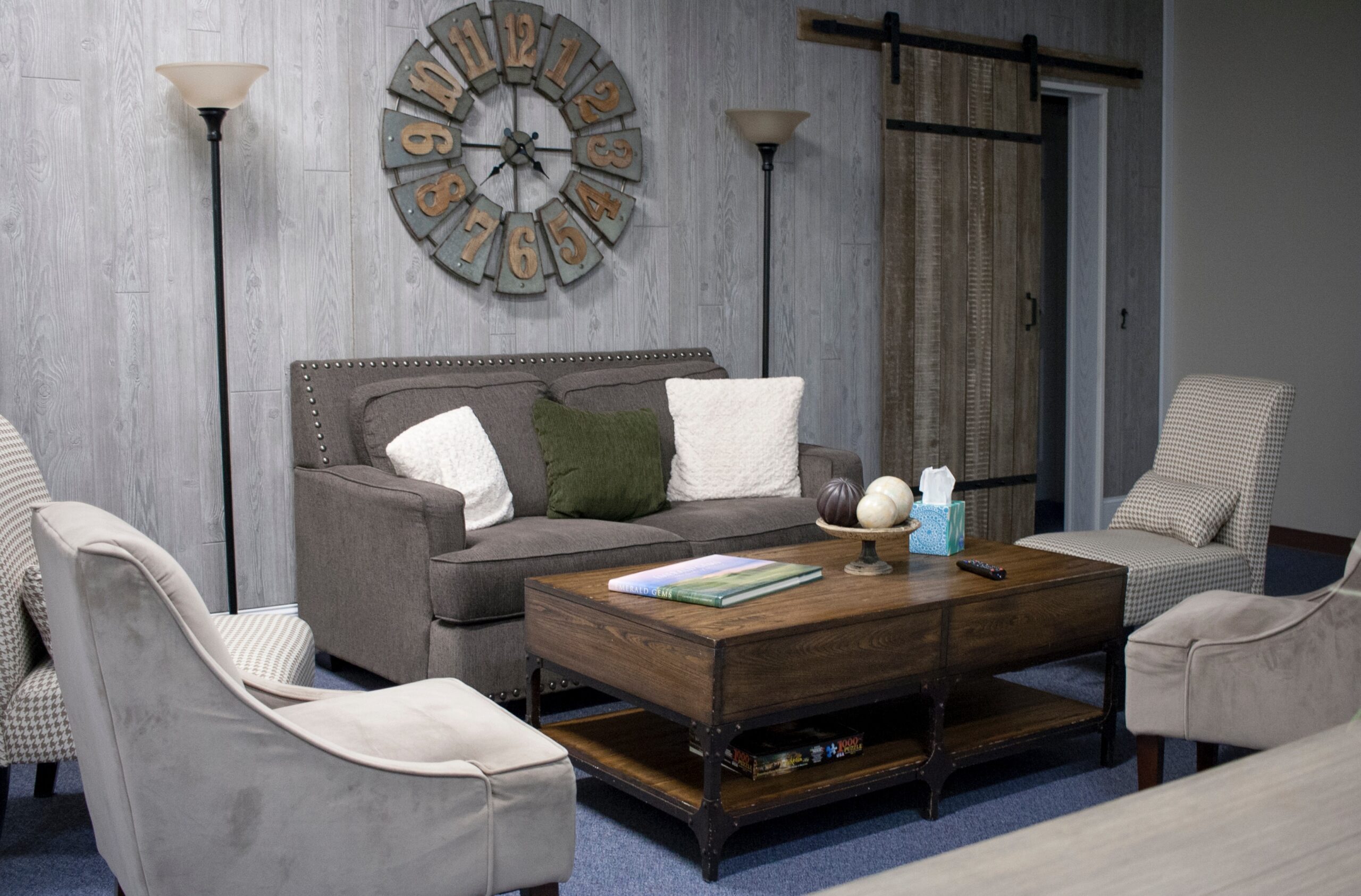
Chronic Illness: A Battle Between Limitations and Goals | Nikki’s Story
A Series of Interviews With Chronic Illness Patients, Uncensored and Raw Truths About Life With Chronic Illness.
If you have a chronic illness, you know that each story is unique, including yours. I’m always telling my clients ‘No one knows you better than YOU’. Of course, in this experience, there are some very difficult experiences shared by many of us: at some point a doctor has probably told you ‘It’s all in your head’, You’ve likely been dismissed, your symptoms minimized and may have been made to feel as if your body is lying to you. It’s important to hear from others who might be going through something similar, to see how we are all different and most of all – to know we’re not alone in this struggle looking for validation, treatment and support in getting our lives back.
Keep reading to learn how our next guest Nikki wants us to know about living with chronic illness…
Chronic Illness: A Battle Between Limitations and Goals | Nikki’s Story
Q: What brings you to the realm of chronic illness? How did it all start for you?
A: “I have been chronically ill since I was a child. It started with joint hypermobility syndrome and then somewhere around 16 I developed fibromyalgia. Then chronic migraines and depression.”
Q: What’s the most challenging aspect of life with a chronic illness?
A: “I know I have limitations and I need to pace. But in the past I struggled immensely with that and my ambitions, desires, and wants. And I paid the consequences. So now I struggle with using my limited energy on things that fulfill me without wanting just More. It is truly constant battle between our limitations and our goals, desires and wants. And we have to find a balance that gives our live purpose and fulfillment. When I try and fail by exceeding my limits it has deeply damaged my self-worth and sense of self. And it takes a lot of time to recover from that. However, we cannot stop trying either. So I have to find what I am capable of without exceeding my limitations.“
Q: What has been something rewarding or positive that has come from your chronic illness experience?
A: “I have developed a lot of resiliency through adversity that I am not sure I would have if I hadn’t had to learn to cope with pain. I mean, that there was a long lesson in suffering for that hard earned resiliency but I like to learn the hard way. I have more confidence though in who I am as a person without being defined by the Roles in my life, such as work. I have learned a lot of empathy for suffering in all its many forms. And for me the writing I have done from this journey is very rewarding to me. That is something that is worth a lot.”
Q: What are some things you wish people understood better about your illness?
A: “I wish people know that chronic pain affects all aspects of life. That it is more than just the pain itself. That the struggle to cope with its relentlessness is difficult and we will struggle with it. It’s treatment is complex and multifaceted. And we cope very well sometimes and other times we do not, because we get so very tired. It is a rough ride this life. And people ought to have a little empathy for that. The stigma out there is very damaging when we are just trying to survive day by day.”
Q: What are some of the best techniques or strategies you’ve used to manage symptoms?
A: “Certainly, learning to know my limits and pacing is a lesson I really learned the hard way and is vital in pain management. I understand the massive impact of not doing so. And I have learned from depression that I have to maintain my mood. I understand pain comes with an emotional reaction. And that is fine and normal and human. But I cannot immerse myself in it or very dark thoughts emerge from it. I feel the emotion and I understand it is normal and I let it flow through me like a river. And if it gets too intense I lean on my hobbies to distract myself and lift my spirit. I have learned focusing on what I can do and not what I cannot do gives me some life satisfaction and that is vital for my wellbeing overall. I do many things to help me cope with the pain. But that varies with us all. I find meditation calms me, for example, but it isn’t for everyone. I find a journal or a gratitude journal is a great way to express our pain and frustrations so we can then release them. And my passions for writing, or any artform you desire, helps me feel good about myself.”
Q: Have you ever seen a therapist to help with your illness experience? If so, how has therapy helped you?
A: “I have had good therapists and poor ones. But when you get a psychologist you jive with and is familiar with chronic illness patients it is extremely valuable to help us adjust our perspective and learn new coping strategies to get us through. Not to mention comorbid mental illness. Seeing a psychologist at the pain clinic vastly helped with my depression, although I also need medication to manage it. And I still use all the techniques I have learned to help cope, improve my self worth, and adjust my self-identity. There is a lot of value in that. Because the pain never ever stops but I do believe we can reduce our suffering from it sometimes… and that is worth the effort.”
Q: What advice would you give someone who recognizes something might be wrong but still hasn’t received a diagnoses or has just received a new diagnosis of chronic illness?
A: “If you have not been diagnosed yet you have to have a Lot of persistence. You know your body. And sometimes you just have to insist they look at anything and everything. When you have just been diagnosed it can be frightening. The aspect that our lives will be limited beyond what we desire for ourselves can affect our self-worth and sense of self. But know that you will learn your personal limits and achieve things and find passions. You will still have a life, just maybe a wee bit more mellow and a lot more focused on overall wellbeing and quality of life.
Remember this: Your overall well being, mental, physical and emotion is all vital for coping with chronic illness. Because unmanaged pain and illness can result in life shrinking. We cut away things to try and manage to hold onto things like a career… but when we cut everything nothing remains but survival mode. And living in survival mode is a horrible existence. We cannot live without socialization, our support network, our loves and joys in life. So we must find a way to balance it all. Sometimes life will shrink when you have a downturn but it is always possible to expand it again with treatment. Don’t lose yourself holding onto things that you can’t. We have to learn when to let go of the impossible and embrace what is possible for us.”
Are You Stressed? Find Out With The Stress Quiz!
Learn more about Nikki:
Blog: https://brainlessblogger.net/
Want to read more articles, check out my youtube videos and get notified when I launch another online group class? Sign up for my email list!
Does Stress Get to be Too Much For You? Sign up for the next LAUNCH of our first 6 week online course: STRESS LESS: Secrets to Stress Management
